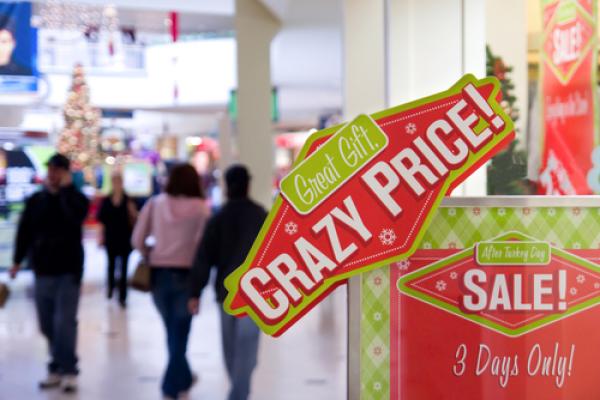Once there was a crowd of about 2,000 shoppers gathered for the early morning opening of a local Wal-Mart.
It was the morning after Thanksgiving Day in Valley Stream, New York, an occasion commonly known as “Black Friday” throughout the United States.
As the opening hour of operation approached, the crowd grew quickly in size, but it also increased with anxiety and anger, as many had waited throughout the cold and dark night, some as long as eight hours. The masses were more than ready to move into the warmth, brightness, and seasonal buying bliss of their neighborhood Wal-Mart.
When the store manager finally unlocked the front entrance, the massive and eager crowd erupted with energy and passionately pushed into the store like a tidal wave. In doing so, through the sheer physical force of mass purchasing power, the swarm of shoppers broke through – and eventually broke down – the Wal-Mart doors.
Read the Full Article

